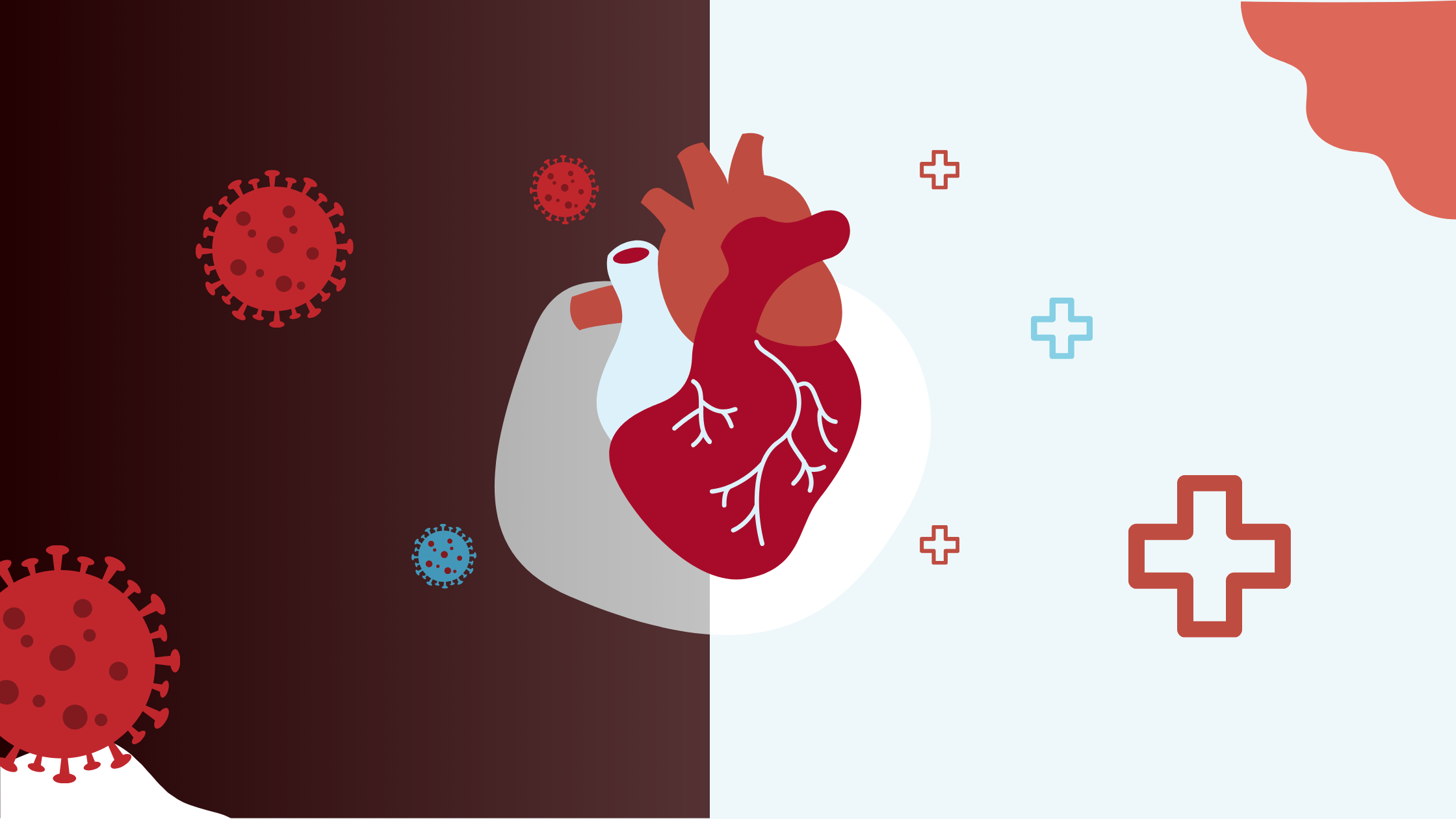Many people are unaware of how these three markers are related to heart disease. Let’s break it down:
1. High Blood Sugar
When your blood sugar levels are high, it can lead to sugar deposits forming on your blood vessel walls. These sugar deposits are sticky and can cause damage to the vessel walls. High blood sugar, or hyperglycemia, is a hallmark of diabetes. Over time, excess sugar in the bloodstream can lead to serious complications, including cardiovascular diseases, nerve damage, and kidney problems.
Research Insight: High blood sugar causes sugar molecules to stick to proteins and fats in your body, making your blood vessels stiff and narrow. This increases the risk of heart disease (American Diabetes Association, 2024).
2. Inflammation and Cholesterol
The sticky sugar deposits trigger your immune system to respond, leading to inflammation. Cholesterol, often referred to as “bad cholesterol” (LDL), actually plays a role in repairing this damage. It comes to the site of the damage to patch up the affected areas, which can result in elevated cholesterol levels in your blood tests.
Research Insight: LDL cholesterol goes to damaged areas in your blood vessels to help fix them. But if there’s too much LDL, it can form plaques that narrow your arteries. This is made worse by chronic inflammation (Harvard Health Publishing, 2023).
3. Arterial Narrowing and Blood Pressure
Over time, the more damage there is from high sugar levels, the more cholesterol builds up. This buildup can cause your blood vessels to narrow, which increases blood pressure. Thus, the triad of high blood sugar, high cholesterol, and high blood pressure often appear together in primary care.
Research Insight: The narrowing of the arteries, caused by the buildup of cholesterol and other substances, restricts blood flow. This can lead to high blood pressure because your heart has to work harder to pump blood through these narrow arteries (Mayo Clinic, 2023).
The Relevance of These Indicators to Chronic Diseases
These three health markers—cholesterol, blood sugar, and blood pressure—are critically important because they are often precursors to a wide array of chronic conditions. Keeping these markers within their reference ranges can significantly reduce the risk of developing serious health issues.
Why Are These Indicators So Relevant?
- Interconnected Health Risks: High blood sugar, cholesterol, and blood pressure are often interrelated. Elevated blood sugar can lead to high cholesterol and blood pressure, while high cholesterol can contribute to hypertension. This interconnectedness means that if one marker is out of range, it can negatively impact the others, creating a cascade of health problems.
- Chronic Inflammation: Persistent high blood sugar and cholesterol levels cause chronic inflammation, which can damage blood vessels and other tissues. Inflammation is a key factor in many chronic diseases, including heart disease and diabetes.
- Vascular Health: High blood pressure and cholesterol directly affect the health of your blood vessels. Over time, they can cause the arteries to harden and narrow, leading to conditions such as coronary artery disease and peripheral artery disease.
Chronic Conditions That Can Be Avoided
By keeping cholesterol, blood sugar, and blood pressure within their reference ranges, you can reduce the risk of developing the following chronic conditions:
- Cardiovascular Disease: Includes heart attacks, stroke, and coronary artery disease. Nearly 49% of U.S. adults have some form of cardiovascular disease (CDC, 2024).
- Type 2 Diabetes: High blood sugar levels can lead to insulin resistance and eventually type 2 diabetes. Approximately 11.5% of U.S. adults have diabetes (UnitedHealth Group, 2023).
- Hypertension (High Blood Pressure): Chronic high blood pressure can lead to heart failure, kidney disease, and stroke. About 47% of U.S. adults have hypertension (CDC, 2024).
- Chronic Kidney Disease: High blood pressure and diabetes are leading causes of kidney disease. Chronic kidney disease affects about 15% of U.S. adults (CDC, 2024).
- Peripheral Artery Disease: Narrowing of the arteries in the limbs, leading to pain and mobility issues.
- Atherosclerosis: Build-up of fats, cholesterol, and other substances in and on the artery walls.
Maintaining these health markers within the recommended ranges is essential for long-term health and can help prevent these and other chronic conditions. Regular check-ups and proactive management of your health are key strategies in achieving optimal wellness.
Take Action for Better Health
If you haven’t had your labs done in the last year or two, I encourage you to come in for a check-up. We’ll assess your markers and discuss supportive strategies to manage and improve your health.
If you would like to see me to discuss this or any other health concerns, please give us a call at 503-855-4341 to book an appointment. Your health is our priority, and we are here to support you on your wellness journey.

Become a new patient today using our New Patient Fast Track

References
American Diabetes Association. (2024). “Hyperglycemia (High Blood Glucose).” Retrieved from https://www.diabetes.org/hyperglycemia
Harvard Health Publishing. (2023). “Cholesterol.” Retrieved from https://www.health.harvard.edu/topics/cholesterol
Mayo Clinic. (2023). “High blood pressure (hypertension).” Retrieved from https://www.mayoclinic.org/diseases-conditions/high-blood-pressure/symptoms-causes/syc-20373410
Centers for Disease Control and Prevention. (2024). “About Chronic Diseases.” Retrieved from https://www.cdc.gov/chronic-disease/about/index.html
UnitedHealth Group. (2023). “America’s Health Rankings 2023 Annual Report: Chronic Conditions on the Rise.” Retrieved from https://www.unitedhealthgroup.com/newsroom/posts/2023/2023-12-05-ahr-annual-report-2023.html

